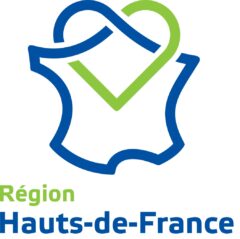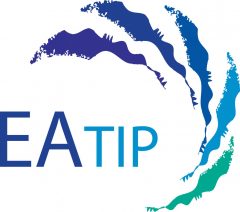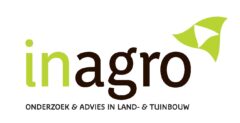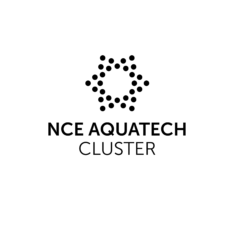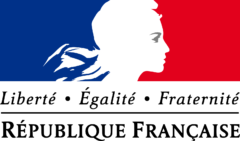The S3 Thematic Platforms are joint initiatives between several Directorates- General of the European Commission under the lead of DG Regional and Urban Policy (REGIO) including Agriculture and Rural Development (AGRI), Energy (ENER), Internal Market, Industry, Entrepreneurship and SMEs (GROW), Maritime Affairs and Fisheries (MARE), and Research and Innovation (RTD)
S3 Thematic Platforms are instruments to support the creation of a transnational and interregional collaborative network of strategic Thematic Smart Specialisation Partnerships (TSSPs), promoting complementarity of regional funding for innovation in specific smart specialisation areas. The S3 Thematic Platforms are created as a result of regions priorities in topical areas of their smart specialisation strategies in order to support regions to collaborate in shared smart specialisation areas.
The scope of the project includes
- Efficient energy use (e.g. transition to renewable energy sources, more efficient use of energy, less energy-demanding feed resources)
- Efficient use of water (RAS technologies, aquaponics, site optimization with respect to ecosystem hydrodynamics and biogeochemistry and to other uses of the marine space, monitoring and management tools for precision farming)
- Fighting scarcity of feed ingredients (resource-efficient novel feeds e.g. SCP, algae, insects, marine invertebrates)
- Better use of side streams as part of circular production systems (recovering and utilizing by-products from processing plants: fish, shellfish; from RAS/closed systems: sludge, effluents; exploring business models for IMTA and aquaponics)
- More targeted and skilled human capacity (training of existing staff and educating new candidates to enable the needed transitions in aquaculture)
